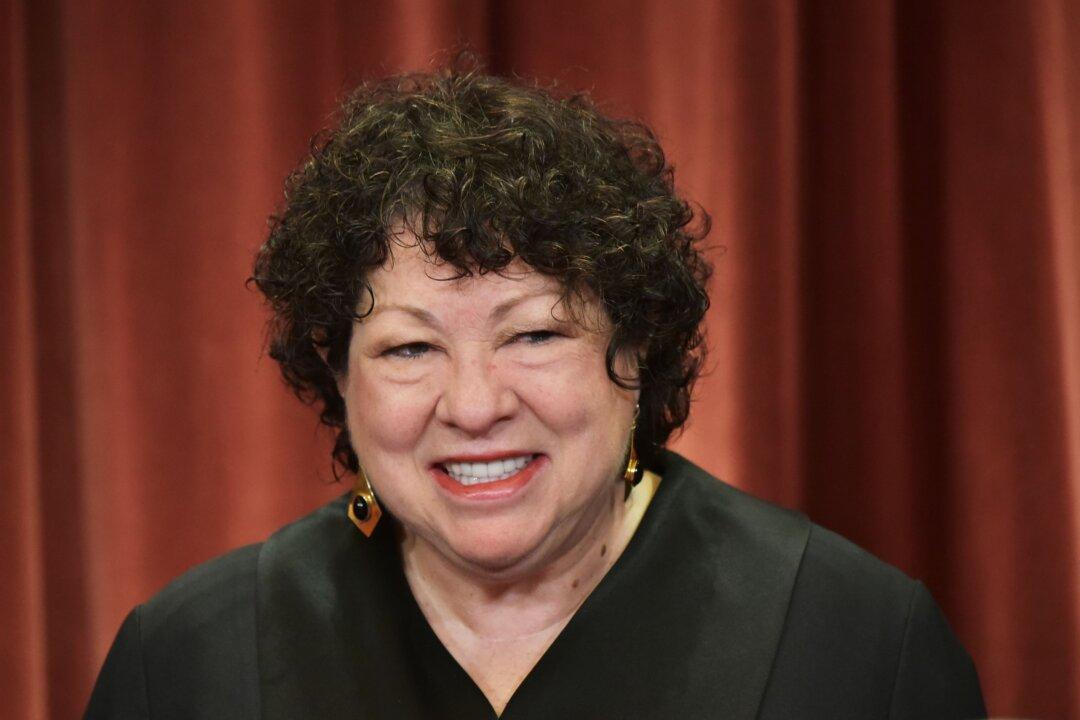Bail for a multimillionaire pharmaceutical executive previously convicted of manslaughter in the death of her young son was revoked on Dec. 29 by the Supreme Court a little over a week after the high court ordered her freed.
The rulings are unusual because the Supreme Court doesn’t often involve itself in bail disputes in criminal prosecutions.





